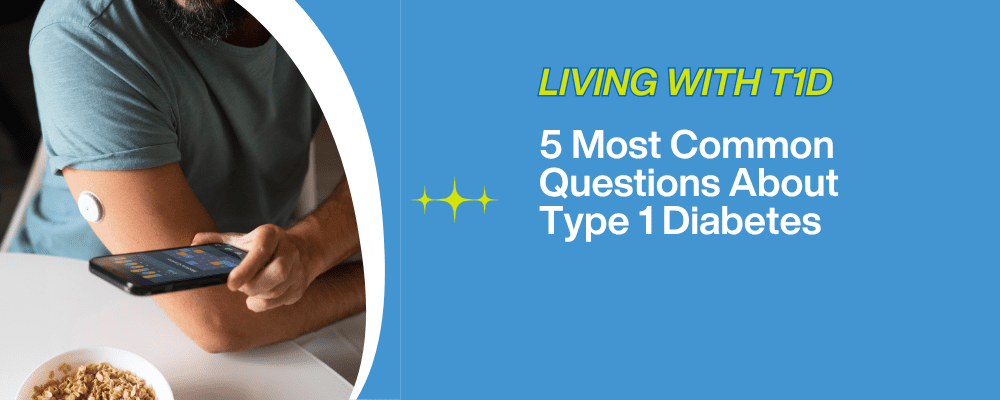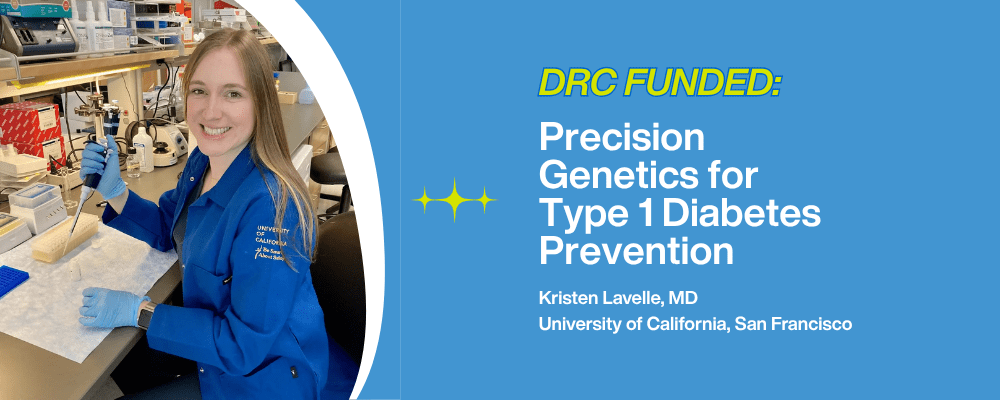Maintaining healthy HbA1c levels is essential for individuals with type 1 diabetes (T1D), but it may be especially critical for women seeking to have children. A recent study out of the Karolinska Institutet in Stockholm found that higher HbA1c levels during the periconceptional period may increase risk of preterm birth.
The study compared incidences of preterm birth for 2,474 babies born to women with type 1 diabetes, and 1,165,216 babies born to women without diabetes. They were all single births; no multiples. The researchers found that, overall, preterm birth occurred in 22.3 percent of babies born to women with T1D verses 4.7 percent of babies to women without diabetes. Broken down even further, the results revealed that the higher the woman’s periconceptual HbA1c level, the higher the risk for preterm birth. When the HbA1c level was below 6.5 percent, there was a 13.2 percent incidence of preterm birth compared to a 37.5 percent incidence when the HbA1c level was at or above 9.1 percent.
However, it is important to note that researchers found, “Preterm birth among women with T1D was strongly linked to periconceptual HbA1c levels, although women whose HbA1c levels were consistent with recommended target values were also at increased risk for preterm birth as well as other adverse pregnancy outcomes.”
This study helps to raise awareness about the risk of preterm birth for women with T1D and the importance of monitoring and managing blood sugar levels. T1D can impact many aspects of an individual’s life, and that includes pregnancy. Gaining a better understanding of these effects can support improved treatment and overall healthcare.
The Diabetes Research Connection (DRC) stays abreast of the latest industry findings and provides critical funding for early career scientists pursuing T1D-related research. Donations from individuals, corporations, and foundations make it possible for these projects to move forward and for innovative research to continue.




